OVERVIEW OF THE INTERNATIONAL AMI MONTESSORI ADMINISTRATION COURSE
Below is a general overview of the main areas of study:
1. Foundations of Montessori Philosophy in Leadership
-
Deep Understanding of Montessori Principles: Revisiting core concepts of Montessori education — such as the prepared environment, observation, freedom with responsibility, and mixed-age classrooms — from an administrative perspective. Understanding how these principles translate into daily operations and long-term planning.
-
The Role of the Montessori Administrator: Exploring the unique responsibilities and ethical considerations of a Montessori leader, emphasizing the protection of the child’s rights and the authenticity of Montessori practice.
2. Managing and Operating a Montessori Environment
-
Establishing and Developing a School: Guidance on the steps involved in founding and growing a Montessori school or program.
-
Implementing and Ensuring Program Integrity: Maintaining fidelity to Montessori pedagogy and AMI standards across all levels within the organization.
-
Human Resource Management:
-
Recruiting, selecting, and retaining AMI-trained educators.
-
Supporting continuous professional growth, mentorship, and evaluation aligned with Montessori principles.
-
-
Financial Management: Budgeting, financial planning, fundraising, and developing sustainable financial practices for both nonprofit and private Montessori institutions.
-
Facility Management: Creating and maintaining prepared environments that meet AMI standards for safety, aesthetics, and functionality.
3. Leadership and Communication
-
Organizational Leadership: Developing effective leadership styles, strategic planning skills, and fostering a positive school culture grounded in Montessori values.
-
Parent Education and Community Engagement: Building strong partnerships with parents, educating families about Montessori philosophy, and fostering community participation.
-
Marketing and Communications: Effectively communicating the unique value of Montessori education to prospective families and the broader community.
-
Conflict Resolution: Addressing challenges within the school community — including staff, parent, and student issues — in ways that align with Montessori principles.
-
Legal and Ethical Considerations: Understanding the legal frameworks relevant to educational institutions and maintaining high ethical standards in school governance.
4. Observation and Reflective Practice for Administrators
-
Systematic Observation: Applying Montessori observation techniques to understand school dynamics, identify areas for growth, and support staff development.
-
Self-Reflection and Professional Growth: Encouraging ongoing personal and professional development as a foundation for effective Montessori leadership.
The course typically combines lectures, discussions, and practical assignments, and may include school observations or a practicum component, depending on the specific training structure.
Graduates are expected to gain a comprehensive understanding of how to lead and sustain authentic Montessori environments with integrity, insight, and purpose.
Sincerely,
MONTESSORI VIETNAM EDUCATION (MVEC)
Others
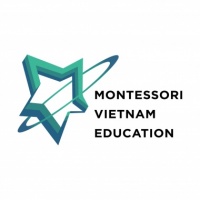
REGISTRATION LINK & QR CODE – INTERNATIONAL AMI MONTESSORI ADMINISTRATION COURSE
Dear Prospective Participants,
Lastest posts
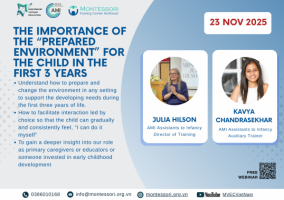
Montessori Vietnam Webinar Series 2025 – 2026 - “A Sharing About Children – Connecting Communities and Spreading Montessori Education in Vietnam”
Series 1: The Importance of the “Prepared Environment” for Children in Their First Three Years of Life
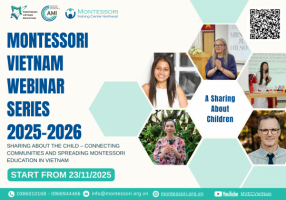
"A Sharing About Children – Connecting Communities and Spreading Montessori Education in Vietnam"
Children are the green sprouts of life — and every adult can be the one who sows seeds of love.

Baby Voi’s First Smiles
Every moment with Baby is a little miracle. Seeing their clear, bright eyes and playful smiles reminds adults of the simple yet profound joys of life.
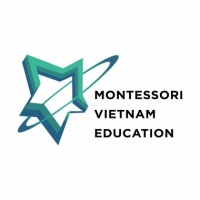
CONNECTION, VISITS & SHARING ABOUT THE MONTESSORI ENVIRONMENT
As a connecting organization, Montessori Vietnam Education (MVEC) aims to build lasting bridges — where every school visit becomes a learning journey, and every sharing session is an opportunity to spread knowledge, contributing to a stronger and more...
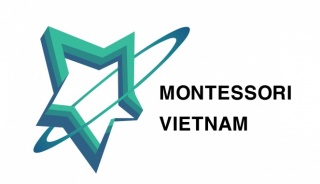
AMI MONTESSORITEACHER TRAINING 0-3 - MODUN 2
AMI Montessori teacher training 0-3 - Mondun 2
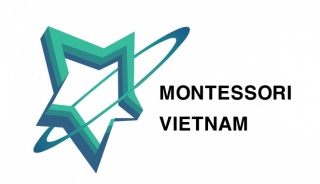
OPENING OF THE AMI MONTESSORI CASA 3-6 TEACHER TRAINING
Date: September 16, 2019

The Montessori Education Method – A Foundation for Nurturing the Whole Child
The Montessori Method of Education is a pedagogical approach to child development based on the scientific research and lifelong work of Italian physician and educator Dr. Maria Montessori (1870–1952). Dr. Maria Montessori, a physician, anthropologist, and...

REGISTRATION LINK & QR CODE – INTERNATIONAL AMI MONTESSORI ADMINISTRATION COURSE
Dear Prospective Participants,
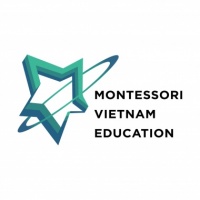
OVERVIEW OF THE INTERNATIONAL AMI MONTESSORI ADMINISTRATION COURSE
The AMI Montessori Administration Course is designed for individuals who wish to lead and manage Montessori schools and programs effectively. While specific content may vary slightly depending on the training center and AMI’s current guidelines, the core...



